Reliance Money puts MSMEs on top priority
March 13, 2018 4:35 pm
Reliance Money, over a decade, through its customised and convenient financial solutions, has helped create success stories out of over 4,00,000 MSMEs across the country and disbursed over Rs 88,000 crore to them. In an interview with OEM Update, Devang Mody, ED and CEO, Reliance Money talks about his company’s commitment towards empowering MSMEs.
What’s your take on the status of MSME financing in India?
It is always said that MSMEs are the engine of growth in developing economies worldwide and India is no exception. Large portion of such MSMEs are deprived of liquidity and are arranging finance by themselves. On one hand they have limited capital to invest in fixed assets to expand their operations; on the other hand, due to lack of adequate working capital it is difficult to continue their existing operations. As the MSMEs are small in sizes, they have limited ability to withstand any economic shock. Therefore, MSMEs urgently need more capital at a reasonable cost. And various financial institutions have taken steps towards addressing the requirement. Since years, the MSMEs have been majorly dealing in cash transactions due to which they have had poor banking and unaudited financials. However, post demonetisation and GST, the scenario has changed as most of them have entered the formal system and have started reporting all transactions. This would help the financial institutions fill the existing financial gaps.
What are the challenges MSMEs face while seeking finance?
MSMEs face a lot of challenges while seeking finance. If you look at the structured funding options available to businesses today, collaterals offered determine the funds one can get through the regular banking channels. Given the size of the MSMEs the collaterals that they can offer are often too low as compared to the requirement of funds. This leaves a huge gap which is then filled up by seeking finance at higher rates from the unorganised sector. This obviously dents the operational viability of these firms. Also, documentation is another big hurdle that the MSMEs face. Most of the MSMEs are operating in the unorganised market which obviously means their capability to handle such voluminous documentation is limited and hence becomes a major issue while seeking financing for them.
Govt has recently launched Digital MSME Scheme to facilitate easy financing. Could you explain how beneficial is it for MSMEs?
I believe it’s a very good step in the right direction. Today, technology plays a major role in every aspect of life. The Digitial MSME Scheme which aims at promotion of ICT (information and communication technology) in the MSME sector will help these units scale up to the next level. Features like Cloud computing which will be provided with subsidy to these enterprises will help in digitising activities without having to invest in heavy IT infrastructure costs. The overall objective of the scheme is to ensure adoption of best practices to improve quality of products and services, standardisation of business processes, improvement in delivery time, rationalisation of the inventory cost and much more and hence lead to an improved RoI for these units.
MSMEs got a major boost in the Union Budget 2018 in the form of a lower corporate tax of 25%. What’s your comment on this?
The government has recognised the importance of the MSME sector which has always been a highly vibrant and dynamic sector of the Indian economy. MSMEs play a very important part in generating employment at comparatively lower capital cost. They complement large industries as ancillary units and are a very important engine of overall economic growth. This makes it imperative for the government to ensure that these units functioning with the limitations of size are provided adequate opportunities and facilities for sustainable growth. A lower corporate tax is a very welcome step in that direction. Lower tax also brings higher compliance and better transparency of financial statements. This enables organised sector lending as the financial statements are a better reflection of the business as compared to a higher tax regime.
What’s your commitment towards empowering MSMEs?
At Reliance Money we have put MSMEs in our top priority bracket. The MSME sector offers a huge underserved market which is a win-win situation for both sides. While MSMEs struggle for their financing needs, we have taken a call to understand their requirements and service them. Also, we have looked at the sector in a very holistic manner considering even the smallest of the enterprises that otherwise stick to a scale without thinking of expanding for lack of funds. Among the sectors that we are touching education, medical equipment, leisure, and travel are some of the domains we are present and will soon be spreading to other sectors as well.
Could you brief us about your portfolio for MSME financing?
We will develop a robust understanding of industries and nuances of few industries where we intend to penetrate deeper. This includes equipment and machinery manufacturers which will enhance our underwriting skills and better our TAT. We have identified three high-growth sectors – healthcare equipment, industrial equipment, printing machinery and education ecosystem, which are expected to grow at a rate of around 30 per cent in the near term according to Fundable Machines Report. For this, we are working with companies such as GE Healthcare, Siemens, Philips, ACE Micromatic and Ferromatik and Konica Minolta.
We will develop a robust understanding of industries and nuances of few industries where we intend to penetrate deeper.
Devang Mody, Executive
Director and CEO, Reliance Money
Cookie Consent
We use cookies to personalize your experience. By continuing to visit this website you agree to our Terms & Conditions, Privacy Policy and Cookie Policy.



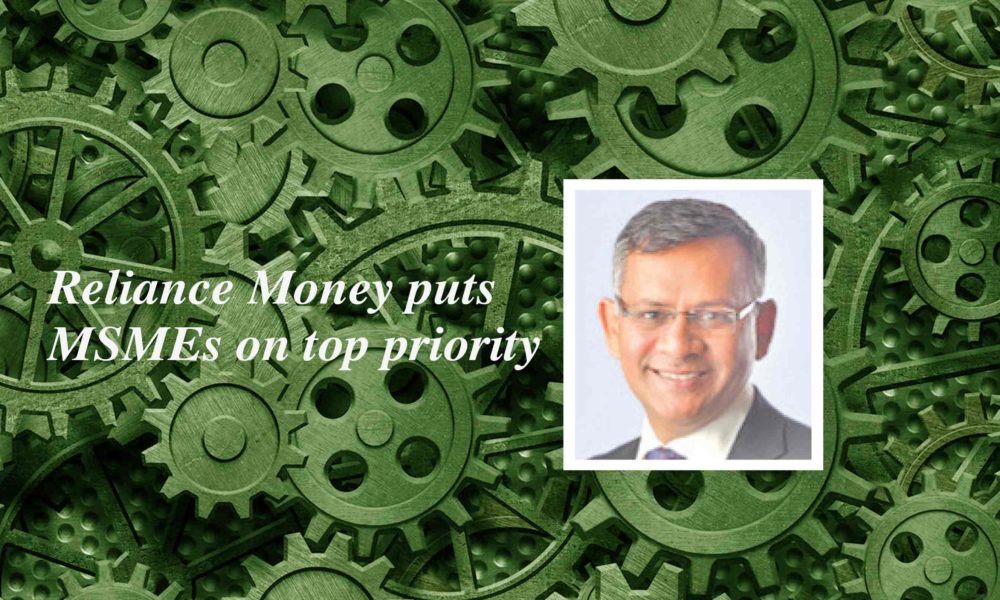

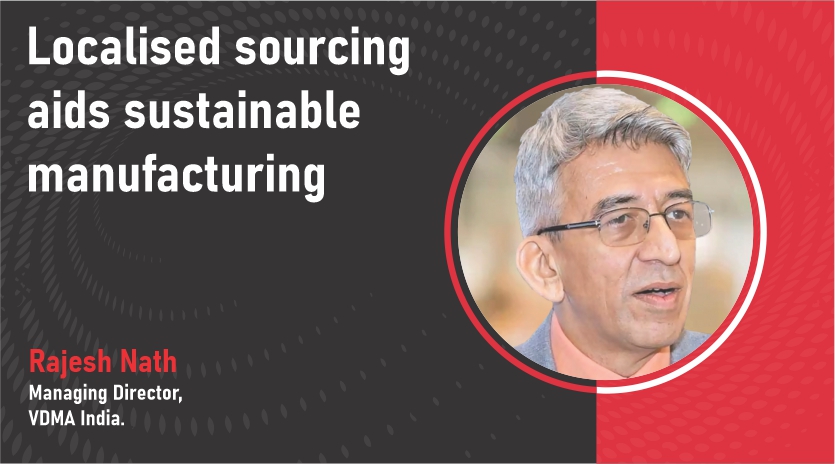

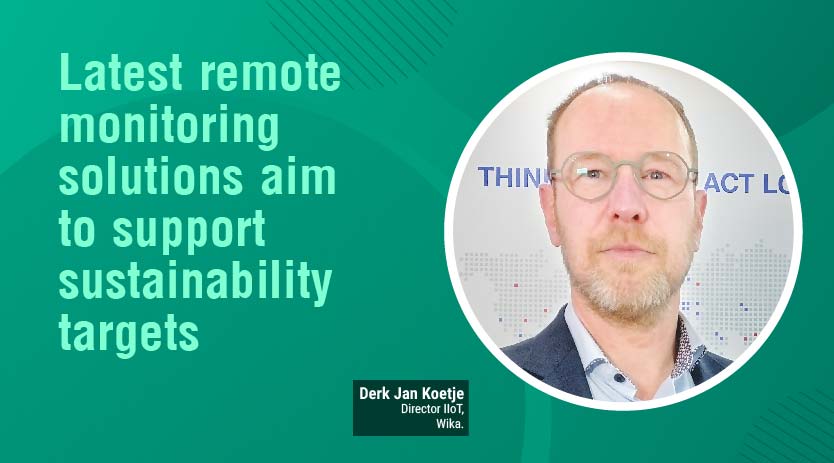
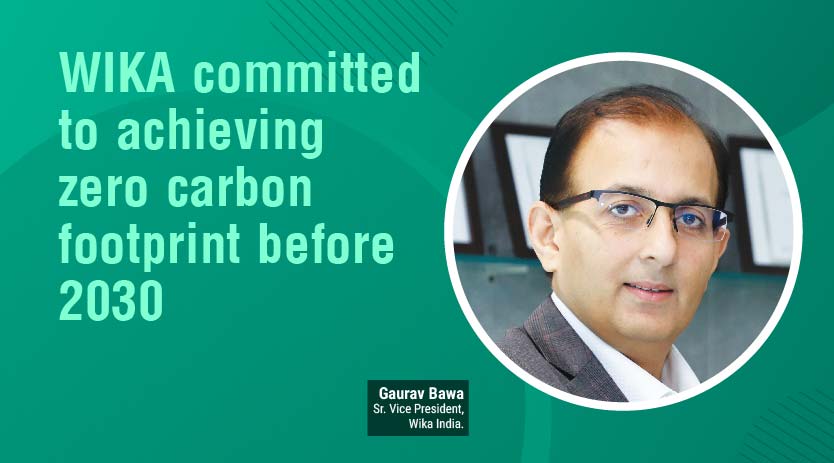
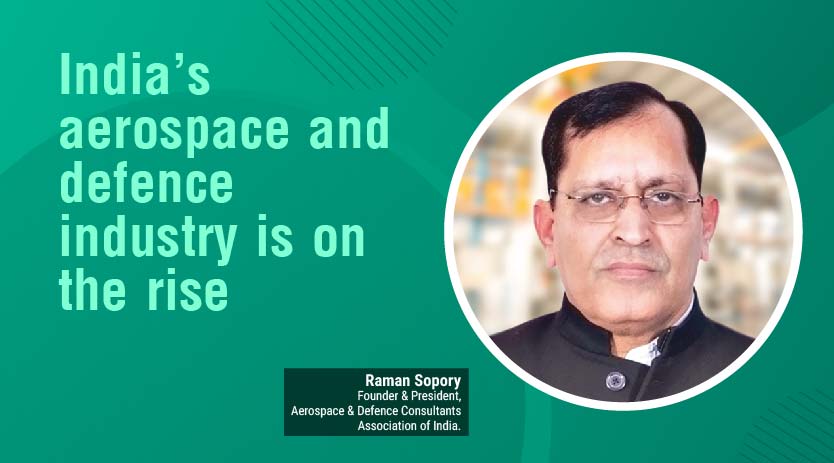

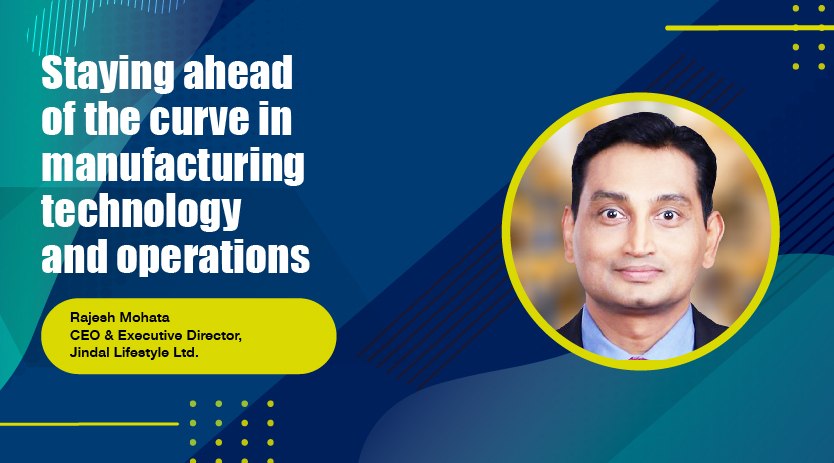
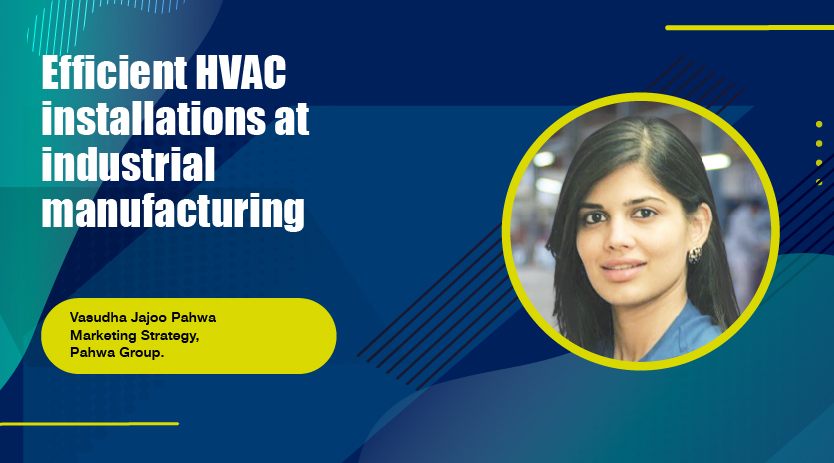
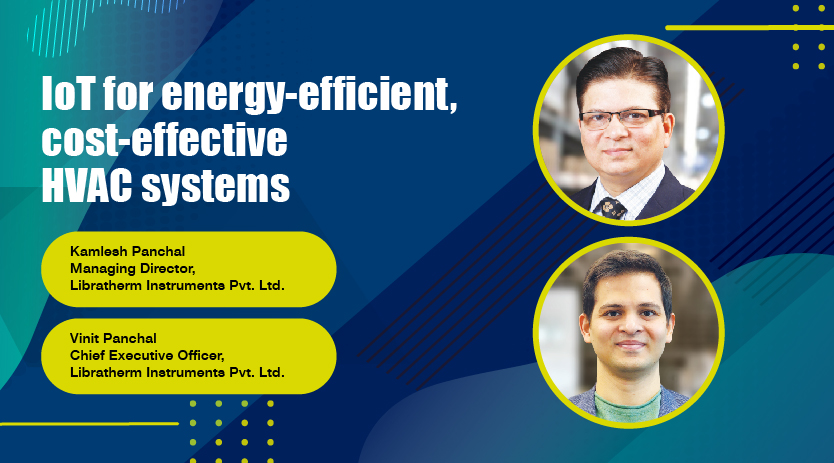





 English
English Hindi
Hindi